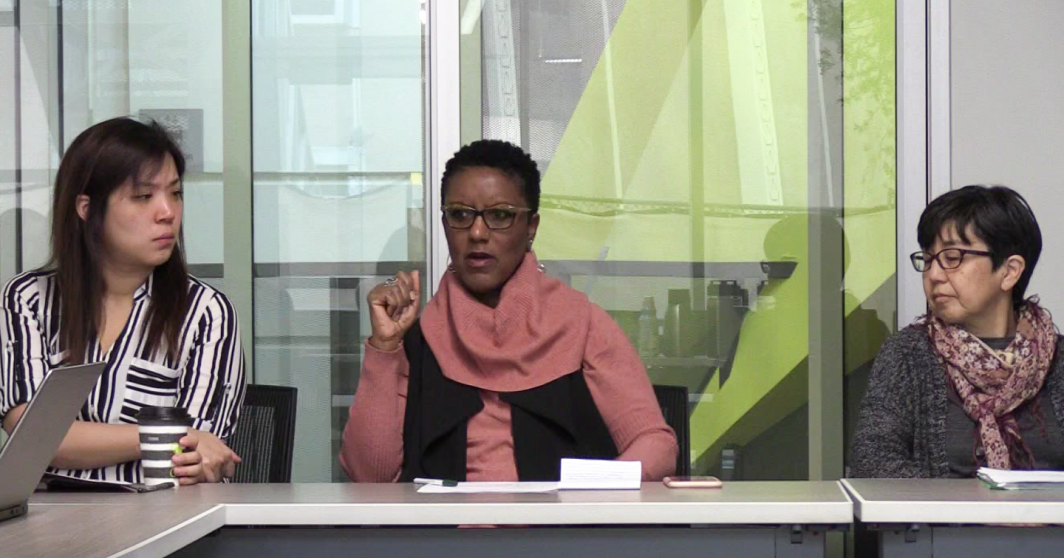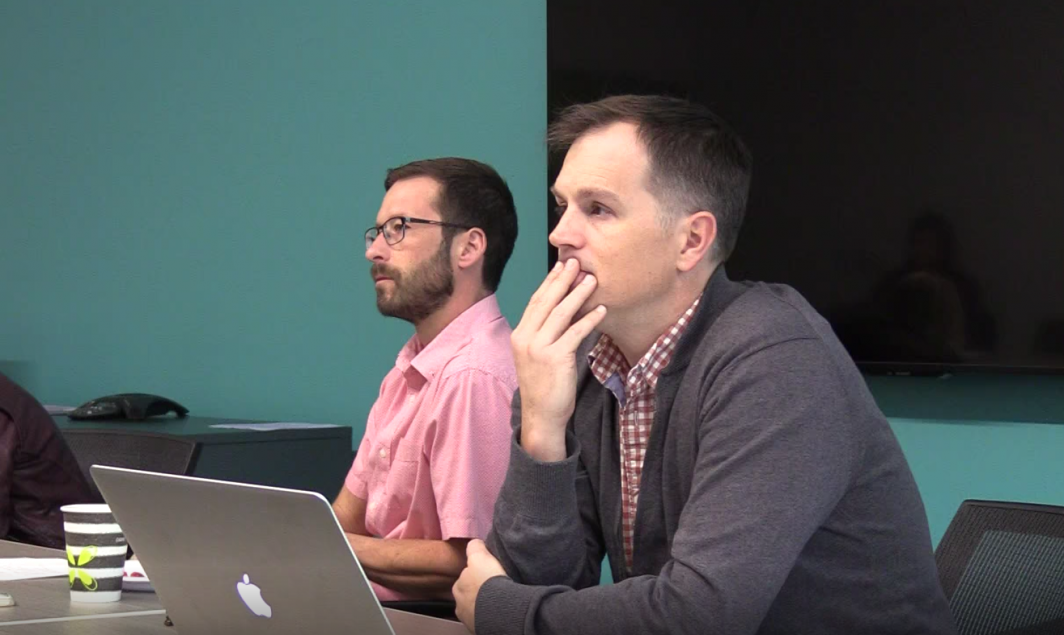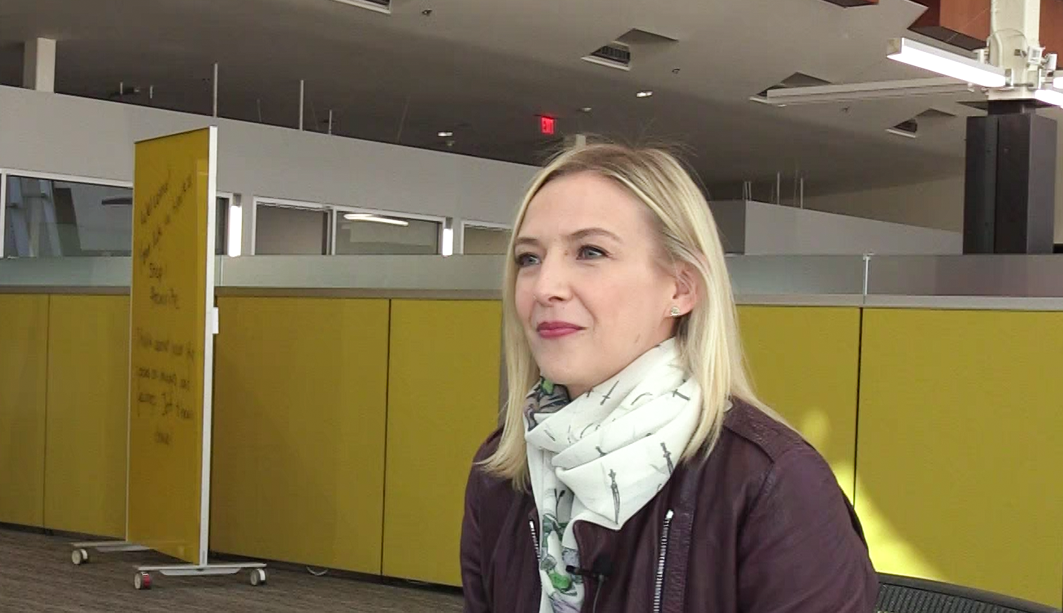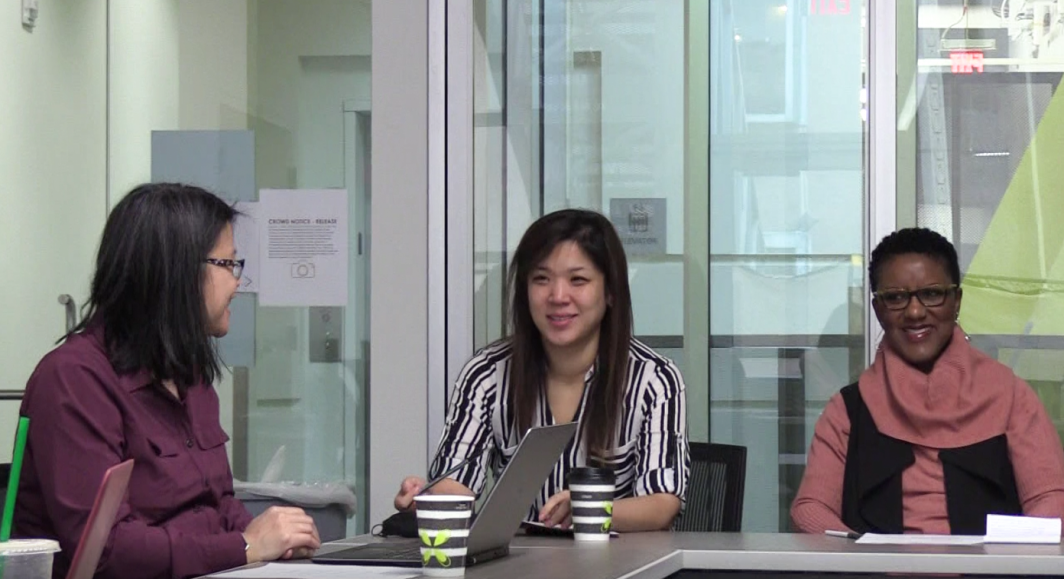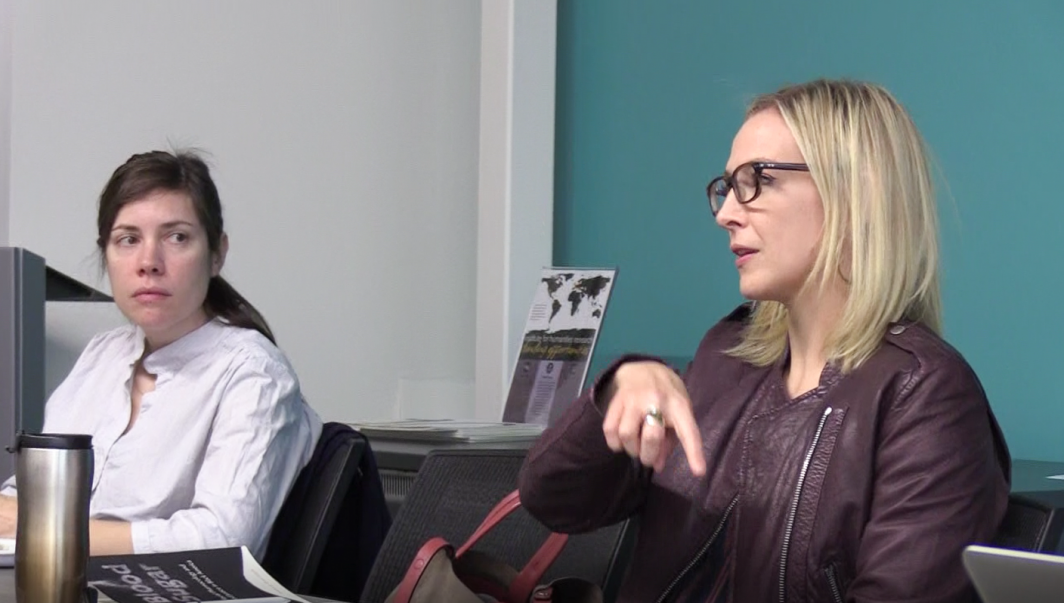ASU fellows rethink health and well-being

Institute for Humanities Research Fellows spend a year conducting research collaboratively under the theme of health.
A group of interdisciplinary Arizona State University scholars are conducting research to challenge and explore our notions of health through the Institute for Humanities Research’s (IHR) Fellows Program.
Meeting weekly since last fall, eight ASU faculty members discuss, rethink and interrogate what health means, and how these definitions of health affect the daily lives of communities — especially those that are marginalized. Their research explores crucial and contemporary questions about health that STEM fields cannot fully address alone.
Their yearlong fellowship will be culminating in a keynote on April 12 and a symposium on April 13, where they will present the ways they are interrogating the relationships of illness, health, evidence and power.
According to the Centers for Disease Control’s Health Disparities and Inequality report, communities of color are facing rising health disparities including decreased life expectancy in comparison to white Americans and increased rates of metabolic syndrome, especially for African-American men. These health inequalities are often exacerbated when research takes into account intersecting identities or characteristics, such as gender, race, socioeconomic status, geographic location or education level (Healthy People 2020). These pressing and complicated issues demand innovative solutions and new ways of thinking that the humanities offer.
The IHR Fellows are disrupting the concept that health is inherent and universal. They are challenging the kind of evidence used in public health interventions and policy by employing humanities methodology and approaches.
“We see a lot of assumptions about what health is,” Associate Professor Karen Leong said about her collaborative research with Associate Professor Karen Nakagawa and Assistant Professor Aggie Noah on Asian-American and Pacific Islander women’s health. “Health is an everyday concept that informs how people understand themselves and their bodies. We are interested in asking Asian-American and Pacific Islander women, 'How do you make sense of health, how do you define health?'”
Assistant professor Annika Mann is researching 18th-century female writers in Britain who are contesting and resisting notions of health by writing literary forms that focus on immobility.
“Definitions of health are beneficial to some and not others,” she said. “These definitions of ‘health’ are necessarily exclusionary and they work to define certain behaviors or groups of people as healthy, and others as unhealthy.”
Although Mann’s work is focused on the 18th century, she argues it has important implications on the field of narrative medicine, which claims narrative and health are tied together, and should be used within the medical environment.
Assistant Professor Tyler DesRoches, who has background in philosophy, is doing research alongside Associate Professor Christopher Wharton on the relationship between health and well-being.
“I am interested in harmful, unhealthy states," DesRoches said. "Through discussions with other fellows, I have seen that certain social factors can make a particular unhealthy state harmful — it’s not necessarily reducible to an individual's choices or actions.”
“I want my students to think about ableism, disability, and the notions of health as something that’s problematic, especially to particular groups,” said Professor Jenny Brian, who is conducting research on long acting reversible contraceptives. “In this seminar, we are always talking about how ableism, sexism, homophobia, transphobia, classism and racism intersect, which has had an influence on my teaching. My syllabi have changed in all my classes because of what I have learned as an IHR Fellow.”
Professor Olga Davis is researching stories of African-American men, their relationships with their barbers and how they construct notions of health in the black barber shop. She emphasizes the value that the humanities and community-based participatory research brings to health research and communication.
“I have found that community participation is foundational to engagement. It is instrumental to the work of the university: to be community engaged scholars and students," she said. "When you talk with your community and see them as partners, the the research environment becomes illuminated.”
More Health and medicine

New study seeks to combat national kidney shortage, improve availability for organ transplants
Chronic kidney disease affects one in seven adults in the United States. For two in 1,000 Americans, this disease will…

New initiative aims to make nursing degrees more accessible
Isabella Koklys is graduating in December, so she won’t be one of the students using the Edson College of Nursing and Health…

Reducing waste in medical settings
Health care saves lives, but at what cost? Current health care practices might be creating a large carbon footprint,…


